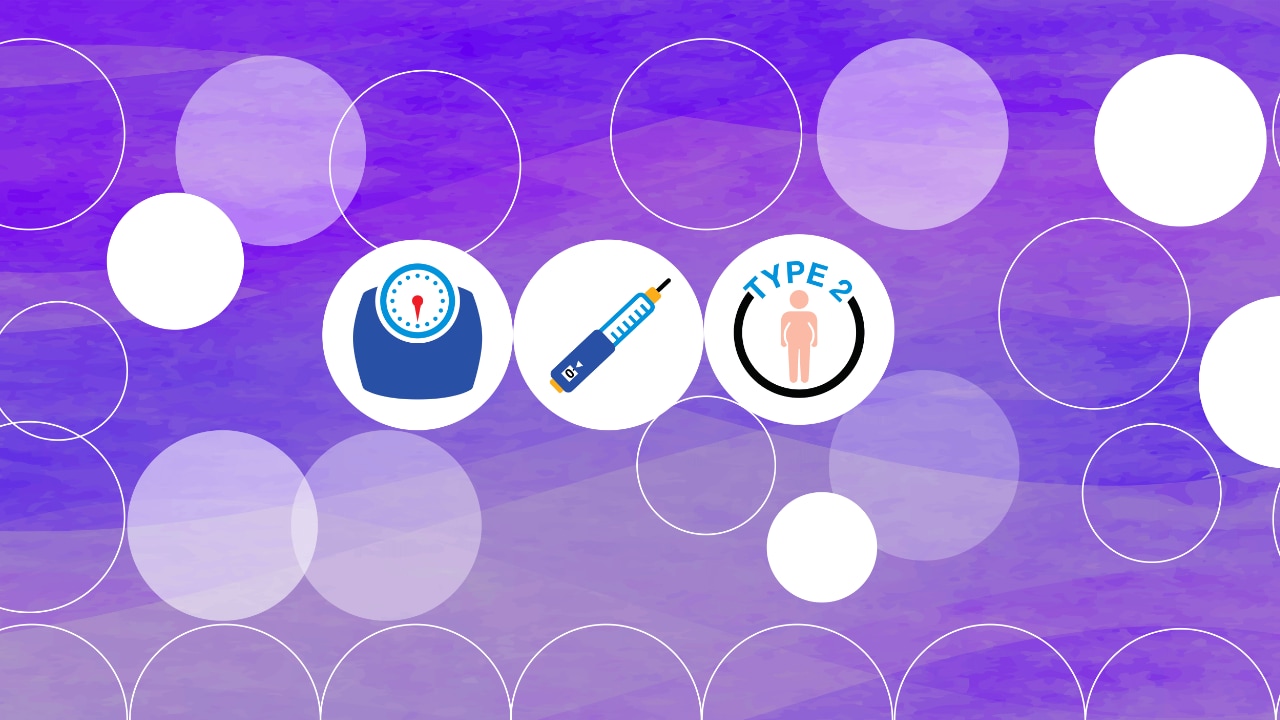(Reuters) - The EU's drug watchdog will request more data from makers of a class of diabetes and weight-loss drugs including Novo Nordisk's popular therapies Ozempic and Wegovy to further investigate suicidal thoughts in some patients taking them.
"While at this point no conclusion can be drawn on a causal association, there are several issues that still need to be clarified," the European Medicines Agency (EMA) said in a statement on Friday.
EMA's Pharmacovigilance Risk Assessment Committee (PRAC) will discuss the topic again at its meeting in April 2024, it added.
The move follows a review that started in July and covered a range of drugs known as GLP-1 receptor agonists, also including Eli Lilly's Trulicity, Sanofi's Suliqua, AstraZeneca's Bydureon and Novo's Rybelsus and Saxenda.
The issue was discussed this week by PRAC, which monitors drugs' side effects and which holds monthly meetings.
EMA had initially received reports from the Icelandic Medicines Agency, based on two cases involving liraglutide, the active ingredient in Saxenda, and one case for semaglutide, the active ingredient in Ozempic and Wegovy.
The review was also based on at least 170 case reports from EudraVigilance, a system to register suspected adverse reactions to medicines.
Demand for Novo's obesity drug Wegovy as well as diabetes drug Ozempic, which is widely used off-label, has overwhelmed the Danish drugmaker and has left it scrambling to boost output.
The drug's most common side effects are gastrointestinal conditions.
Though also targeting the GLP-1 receptor, Eli Lilly's diabetes and weight-loss drug Mounjaro, also known as Zepbound, is not part of EMA's review because it belongs to a different molecule class that binds to two different gut hormone receptors.
Novo said it would "continue to collaborate closely with the authorities to investigate any issues that may need to be clarified". Astra, Lilly and Sanofi did not immediately respond to a request for comment.
Reuters reported in September that the U.S. Food and Drug Administration (FDA) had received 265 reports of suicidal thoughts or behaviour in patients taking GLP-1 medication between 2010 and June 2023.
The FDA said at the time it was reviewing such reports to decide on what action, if any, to take.
The FDA-approved label of weight-loss drug Wegovy in the United States, says suicidal thoughts or attempts have been reported in clinical trials for other weight-loss medicines.
It recommends that patients starting Wegovy be monitored for such behaviour and calls for those with a history of suicide attempts or active suicidal thinking to avoid the drug.
Novo’s Saxenda, approved in 2014 for weight loss, carries an FDA warning because suicidal thoughts or behaviours were seen in some patients during the company’s clinical trials.
There is no such language on the U.S. label for Ozempic, which was approved for treating diabetes in 2017.
Britain has been reviewing the potential side-effect since July.
Issues of suicidal thoughts have hobbled previous attempts by the drug industry to develop lucrative weight-loss drugs.
Sanofi's weight-loss drug Acomplia, which never won U.S. approval, was withdrawn in Europe in 2008 after being linked to suicidal thoughts.
But obesity experts have said that reduced calorie intake as a result of strict dieting or gastric surgery can also lead to depression in rare cases.
The class of drugs known as GLP-1 receptor agonists trigger a feeling of fullness after eating and slow gastric emptying.
(Additional reporting by Yadarisa Shabong; Editing by Frances Kerry, Kirsten Donovan)
Reuters Health Information © 2023










